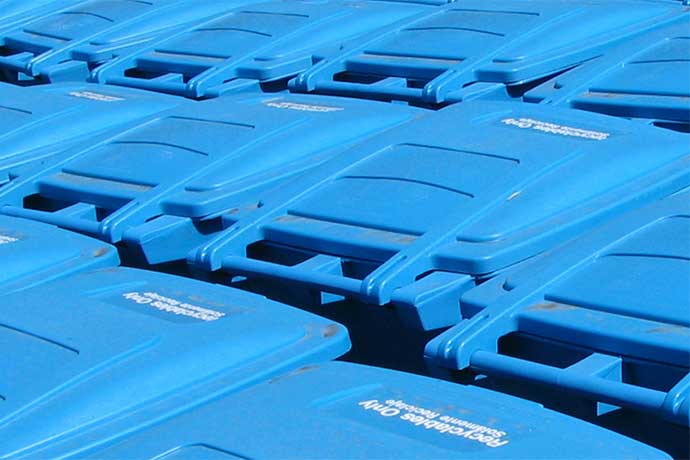Not only are electronics made of valuable materials — metals, plastics, glass — but the energy required to create them is significant. According the the US EPA, recycling one million laptops saves enough energy to power 3500 homes for a year. And the Natural Resources Defense Council estimated US citizens tossed 130,000 computers a day and 100 million cellphones each year.
If you cannot upgrade the hardware or software of your electronics, enough to meet your needs, be sure to delete all personal information and contacts. Eraser for Windows can delete data safely. Mac computers have built-in erasure software. Also remove the batteries before you recycle so they can be recycled separately.
With your old electronics cleaned and batteries removed, the next question is where to recycle. The risk is your equipment will be shipped overseas and become a toxic waste threat in a third world country.
In addition to the resources described below, Apple, Toshiba, Dell, and other manufacturers have recycling programs and the Technology Industry Association (TIA) also maintains a searchable list of recyclers. Amazon, GameStop, Gazelle, and other companies also offer trade-ins for old phones and other electronics. With trade-ins, however, you are not recycling the device and it is unclear how any toxic metals will eventually be disposed. Plus an estimated thirty percent of electronics turned in for recycling are instead refurbished and resold, to extend their useful life and value of resources used to create them.
GameStop, Apple, Amazon, Dell, and other companies have figured out refurbishing then reselling old electronics is a reliable revenue stream. My kids routinely turn old games into GameStop for money to buy new games they want. Be sure to check those options, too.
Also check for local organizations that recycle electronics. Searching online for electronics recycling with your zip code should yield local listings. Best Buy stores and Staples take batteries and used print cartridges.
If you're interested in standards for recycling electronics, for example, to ensure your electronics don't wind up causing cancer in a third world country, the Basel Action Network has an e-Stewards certification program for recyclers.
Links to all resources are at the bottom of this article.
Call2Recycle
They recycle batteries and cellphones in North America.
Earth911
Their website provides local listings where you can recycle electronics and batteries. They also publish articles about how to live a low waste lifestyle.
GreenerGadgets.org
Provided by the Consumer Electronics Association, an industry trade group, this site has a search engine to find local electonic recyclers and articles on how to recycle.
GameStop
If you have young kids into games, you know GameStop lets them trade in their games and handheld devices to buy games.
Best Buy and Staples
If you have one or both of these big box stores nearby, be sure to check out what they allow you to recycle. Best Buy, for example, lets you recycle cables as well as batteries and some electronic devices.
Learn More
Call2Recycle
http://www.call2recycle.org/locator/
Earth911
http://search.earth911.com/
http://earth911.com/recycling/small-electronics/
GreenerGadgets.org
GameStop
http://www.gamestop.com/recommerce/web/
Target
Needs to have a Target Mobile store if you trade in a store, online otherwise.
http://www.targettradeinprogram.com/
Best Buy Recycling
Staples Recycling
Consumer Reports Articles on Recycling Electronics
http://www.consumerreports.org/cro/2012/04/how-to-recycle-old-electronics-devices/index.htm
http://www.consumerreports.org/cro/news/2013/08/apple-trade-in-program/index.htm
Dell Computer Recycling
Toshiba Recycling
http://us.toshiba.com/green/reuse-and-recycling
Apple Recycling
http://www.apple.com/recycling/
Amazon Trade-In Program
http://www.amazon.com/Electronics-Trade-In/b?ie=UTF8&node=2226766011
Gazelle Trade-In Program
Basel Action Network
http://e-stewards.org/find-a-recycler/
http://www.ban.org/
Eraser (Windows)
US Government Resources
http://www.consumer.ftc.gov/articles/0200-disposing-your-mobile-device
http://www.epa.gov/epawaste/conserve/materials/ecycling/donate.htm
What Happens to Your Electronics When You Drop Them Off for Recycling
Electronic Waste: Where Does It Go and What Happens to It?
http://techland.time.com/2011/01/14/electronic-waste-where-does-it-go-and-what-happens-to-it/

